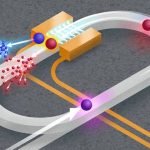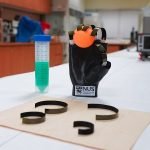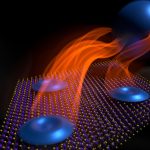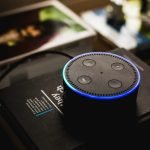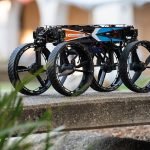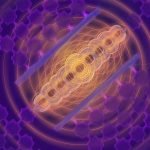Scientists develop a powerful, miniature photonic chip
Scientists from the University of Rochester's Hajim School of Engineering & Applied Sciences have made a major leap in quantum computing.
Computer glitches are eating up our time: researchers advocate for more user-friendly systems
New research coming out of Denmark reveals an interesting yet frustrating truth: we are wasting 11%–20% of our time on computer problems.
Despite having better...
Scientists create powerful tool to assess cybersecurity methods
MIT researchers have developed a powerful tool called Metior that can help engineers and scientists assess the effectiveness of obfuscation schemes in computer security.
These...
How AI sees the world and why it might mistake an astronaut for a...
Have you ever wondered why artificial intelligence (AI) systems can recognize faces better than humans but make surprising mistakes like confusing an astronaut for...
Awesome wooden robot hands could change the future
Scientists have just developed one that could change the future of robotics. It's not just any robot, but a wooden robotic gripper.
Scientists make a quantum computing leap with a magnetic twist
Imagine having a computer so powerful that it's exponentially faster than anything we've got today - from high-tech laboratories' supercomputers to smartphones in our...
Attackers can break voice authentication with 99% success within six tries, shows study
A method of attack that can successfully bypass voice authentication security systems with up to a 99% success rate after only six tries.
Meet M4: The real-life transformer robot that can fly, roll, walk, and more!
Imagine if one day you could roll to school, fly over traffic, walk through a park, and even climb steep hills, all while using the same set of wheels. It's named M4.
Scientists create a secure bridge between different cryptocurrencies
Bitcoin is probably the best-known cryptocurrency in the world today, but there are many others, each implementing different technical features.
Exchanging one cryptocurrency for another...
New device opens door to storing quantum information as sound waves
Quantum computing, just like traditional computing, needs a way to store the information it uses and processes.
On the computer you're using right now, information,...

